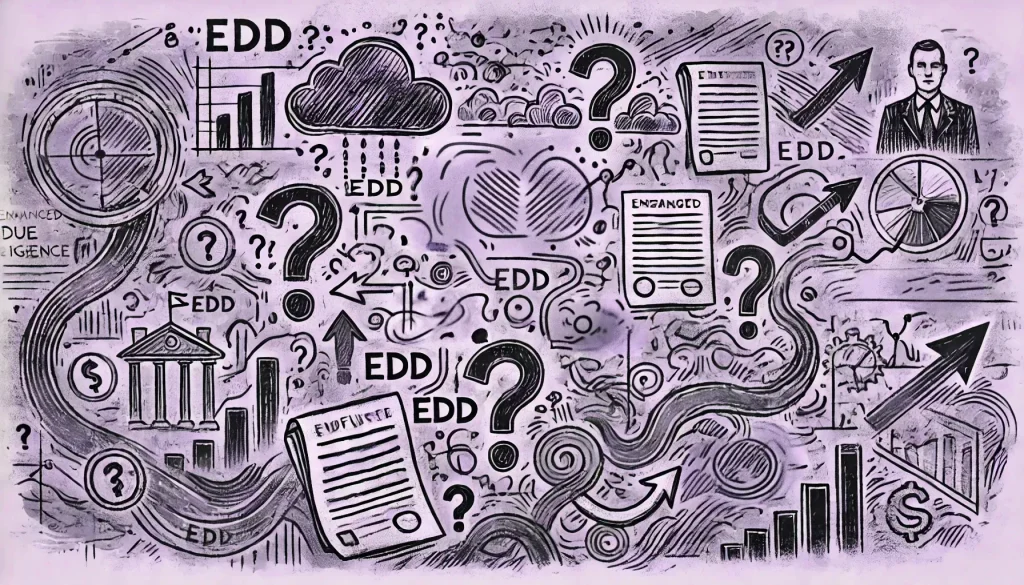In the dynamic landscape of legal compliance, the focus on anti-money laundering (AML) practices has never been more intense. Legal firms are increasingly under the microscope, with regulatory bodies like the SRA ensuring stringent adherence to AML regulations. The Independent AML Audit is a critical aspect of this scrutiny, a process that not only ensures compliance but also fortifies the trust and integrity foundational to legal practices.
The significance of an independent AML audit cannot be overstated. It acts as a crucial checkpoint, assessing the robustness of a firm’s AML strategies against the backdrop of ever-evolving regulatory landscapes. This is particularly pivotal in the context of Regulation 21 audits, which delve deep into the effectiveness of policies, controls, and procedures (PCPs) adopted by law firms to combat money laundering.
A key theme that emerges is the critical need for independence in these audits. Whether conducted internally or by external entities, the essence of independence remains paramount, ensuring an unbiased review of the firm’s AML frameworks. This independence is not just a regulatory requirement but a cornerstone of credibility and trust in the firm’s commitment to combating financial crimes.
The discussion also highlights a nuanced understanding of when and how an independent audit function should be established. Not all law firms may require such audits, with factors like the size and nature of the business playing a determining role. However, for those within the scope, establishing whether an internal audit suffices or if an external auditor is necessary becomes a vital decision point, guided by the principle of independence and the specific expertise required for such audits.
The outcomes of these discussions are manifold. They shed light on the procedural nuances of conducting an independent AML audit, from the initial assessment stages to the final reporting. For law firms, the insights gained from these audits are invaluable, offering a roadmap for not just compliance but enhanced risk management and operational integrity.
Concerns around the adequacy of internal resources for conducting these audits also surface. There’s a shared understanding that while internal audits can be beneficial, the depth and breadth of expertise an external auditor brings can be instrumental in uncovering latent risks and ensuring a more comprehensive compliance posture.
In conclusion, the emphasis on independent AML audits in the legal sector underscores a broader commitment to integrity and trust in legal practices. As firms navigate the complexities of AML regulations, the role of these audits emerges as a beacon, guiding them toward not just regulatory compliance but a steadfast commitment to ethical practice and risk mitigation. The ongoing discourse around independent AML audits signifies a collective stride toward higher standards of compliance and accountability, ensuring that legal practices remain bastions of trust and integrity in the face of evolving financial crime landscapes.
Maximise your compliance!
Discover how our innovative courses can transform your firm’s skills and knowledge. Ensure your team always stays compliant, knowledgeable, and motivated to drive your organization forward.




